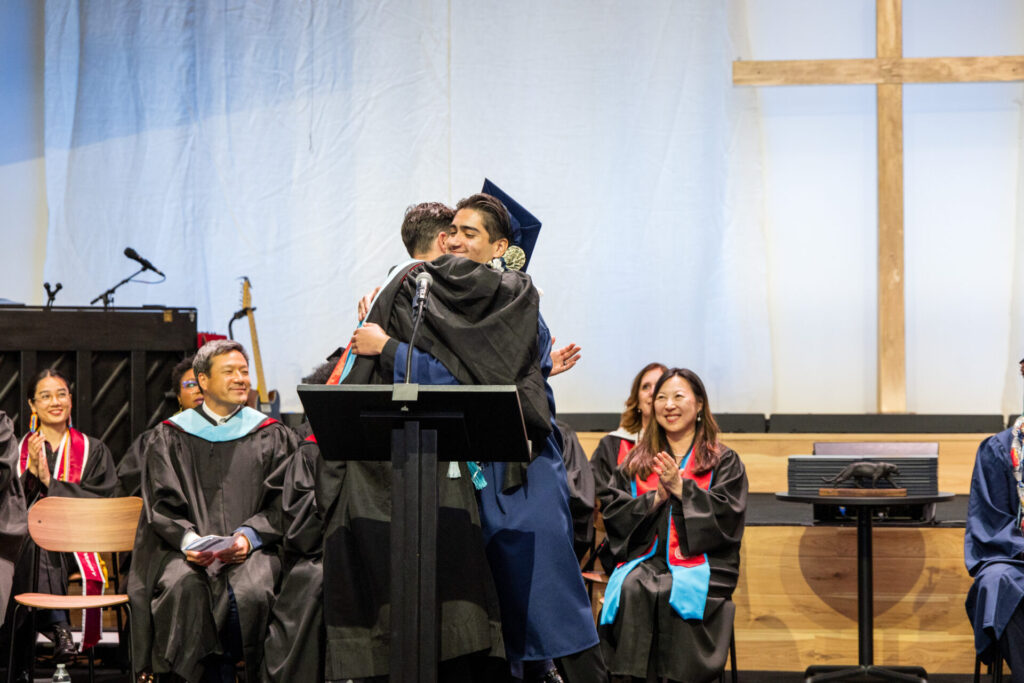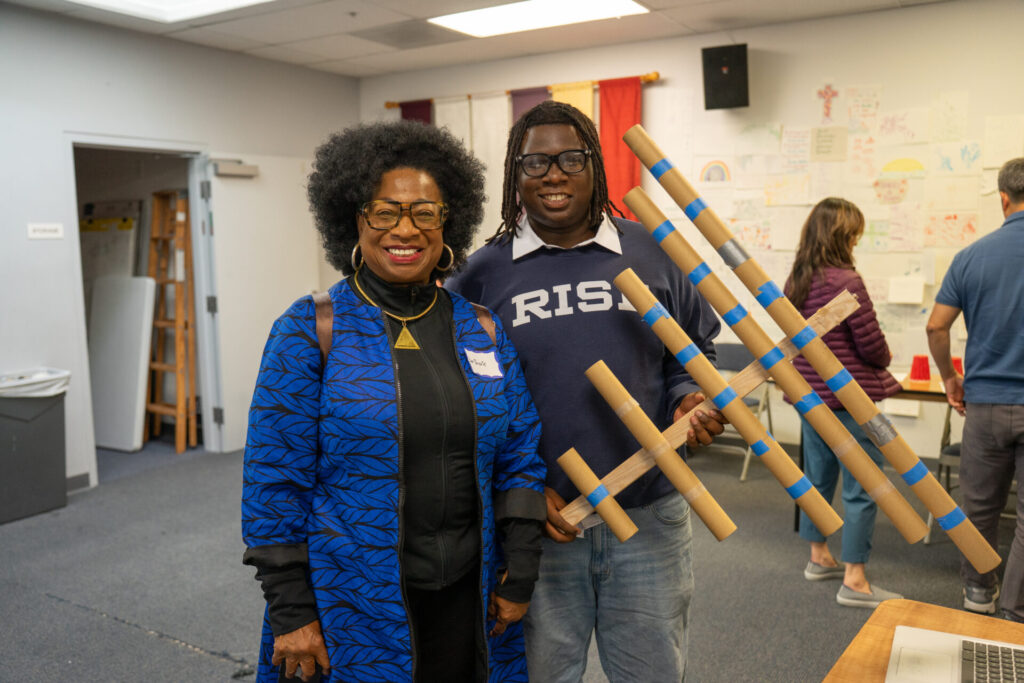
Behind the building that houses Rise Prep in Bayview Hunters Point, Dr. Nadine Burke Harris began her pediatric practice ten years ago and confirmed a prior study that showed a connection between chronic disease and traumatic experiences in childhood.
“[Dr. Burke Harris] knew the children she saw [from Bayview Hunters Point] lived with high “doses” of adversity…and it made sense: Trauma was affecting their developing brains and also their developing bodies. So she began to regard her practice in a whole new way. She started evaluating children not just for their medical histories, but also their social histories. And instead of treating only symptoms, she sought to help with the root causes of the stress that were making them sick”
(Washington Post, October 6, 2016).
Our students at Rise Prep are not immune from these adverse childhood experiences (ACEs), and have battled with chronic asthma, headaches, and pains. According to Dr. Burke-Harris in the Postarticle, “So far, research shows six major strategies for mitigating stress: sleep, nutrition, exercise, mindfulness, mental health care, and healthy relationships. There is no breakthrough cure, Harris said.” While identifying ACE scores and their effect on student health has been easier to track, fostering healing and wholeness in all of our students has been much more difficult. For both Dr. Burke-Harris, and us at Rise Prep, we ask ourselves what nurtures resilience and health in our beloved scholars?
One could miss it, and we often do miss when the kingdom breaks in, but reflecting back on two particular stories from this past month, we begin to see God’s good work of bringing out the resilience and hope in our students. One story is Camila’s and the other Grace’s. These two come from supportive homes, and even so, resilience needs to be brought forth. I welcome you to see glimpses of the resilience that we’ve been able to see two months into classes at Rise Prep.
Visual storyteller, Emma Chiang, focuses in on our student Camila. As Camila’s story unfolds, we get a glimpse into a young girl’s initial timidity. She begins by saying she wants to go last which belies an underlying fear and insecurity. But as the project progresses, Camila’s excitement slowly emerges. You see her begin to gain confidence through working with her partner, articulating the steps that helped her make it to this point, and having a cheering community around her. At the end, she does a little dance, and says, “I told [my partner] we did it. We got second place…I was happy for that.”
Grace’s story comes from a week away in the Santa Cruz mountains.
The way is barely lit by stars. Tall redwoods encircle us and prevent more light from illuminating our path.
Grace, age 12, says she can’t do it.
The naturalist has just asked this group of Rise Prep 6th graders to go one by one on a solo night walk–a walk alone in the complete dark for a distance of 50 feet–one of the activities that our 6th graders were asked to do on this year’s outdoor education week.
The anxiety and fear are palpable amongst the students, but Jessalyn, our naturalist begins by sharing her own story of fear of the dark. She talks them through the fear. The students encourage one another–a hug, an affirmation, such that one by one, each finds the courage to make that solitary walk. And at the end, they are welcomed into loving arms and caring hearts.
Grace makes it.
The common thread in these stories are that both young women were able to avoid helplessness and hopelessness and overcome new fears and anxieties because they were surrounded by supportive peer relationships, healthy adult guidance, and the love of God.
“It is a serious thing // just to be alive / on this fresh morning / in a broken world”
– Mary Oliver
The past is not denied–the ACEs not forgotten. Brokenness and stress are all around, but what we are learning is that we–scholars, staff, and supporters–do the serious, hopeful work of building and walking even when it is dark and success uncertain. We walk by faith, alive, on this fresh morning together and resilient.
SOURCE: “This doctor pioneered a way to treat stress in children, a startling source of future disease,” by Michael Allison Chandler, Washington Post, October 6, 2016
Excerpt from “Invitation” by Mary Oliver

